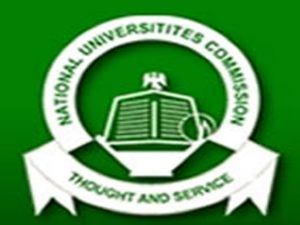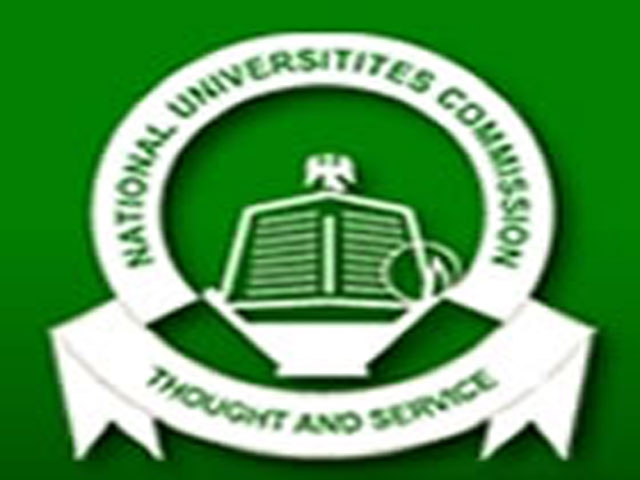Failure of many Nigerian universities’ academic programmes to obtain accreditation has reached crises proportions in recent times. A recent report indicates that 37 universities are currently running about 150 unaccredited courses.
These details are contained in the 2016 report of the National Universities Commission (NUC) on the accreditation status of academic programmes in the country’s 143 universities.
President of the Nigeria Academy of Sciences Professor Oyewale Tomori raised concern early this year over the accreditation crises when he delivered the convocation lecture at the University of Abuja.
The irony here is that both givers and takers of the ‘brown envelopes’ are important members of the academic community with a stake no less important than NUC’s. NUC is empowered by law to accredit all academic programmes run by universities in Nigeria for quality assurance. The guidelines for accreditation of programmes stipulate the Benchmark Minimum Academic Standards (B-MAS) which a course must meet in order to earn full accreditation.
Some of the key areas that are critically assessed during accreditation exercises include staff strength; objectives of the programme; lecturers’ work-load in a particular programme; course content’s relevance to national development; admission requirements for candidates; graduation requirements in terms of credit hours; quality of examination questions and external examiners’ reports on moderated questions and results; adequacy of lecture halls; availability of learning facilities including equipped laboratories and workshops; as well as quality and relevance of library materials.
An academic programme that meets up with the stipulated B-MAS earns full accreditation which validity lasts for five academic sessions, after which it is subjected to another accreditation process. An academic programme gets interim accreditation if it meets the major requirements but is deficient in some areas.
Interim accreditation requires that deficiencies in the affected programme be remedied and it is re-presented for accreditation within two years. An academic programme is denied accreditation if the deficiencies that earned it interim accreditation are not remedied after two years.
NUC’s regulations stipulate that no candidate should be admitted into any programme that is denied accreditation. Such a course loses its right to exist. However, students already in a programme with denied accreditation will continue until their graduation.
Today, many universities in the country have deficiencies in most of the areas for which NUC has B-MAS. Physical facilities and learning equipment are grossly inadequate in many universities. This was the main reason cited by the Academic Staff Union of Universities (ASUU) for going on strike in 2009. Since facilities are critical to the attainment of full accreditation of academic programmes, it follows that funding of universities is critical. Neither recruitment of adequate and quality staff nor provision of learning facilities can be achieved without proper funding.
ASUU called off its 6-months’ old strike in 2013 based on an agreement reached with the Federal Government. Soon afterwards, government released N200 billion for the provision of facilities in universities to an implementation task force chaired by then Governor of Benue State Gabriel Suswam. Since then, government has not adequately honoured the terms of the agreement which border on proper funding of universities.
This is a central factor in the current accreditation crises.While we advise the federal government to look into the critical issue of funding in order to avert any industrial action by ASUU, we also encourage vice chancellors to prudently utilize the funds made available to them. No amount of funding will achieve the purpose if it is frittered away in misplaced priorities and fraudulent contracts. Getting its academic courses accredited should be every university’s top priority. We urge the Federal Government and state governments to address this problem speedily before it triggers another round of unrest in the universities.


